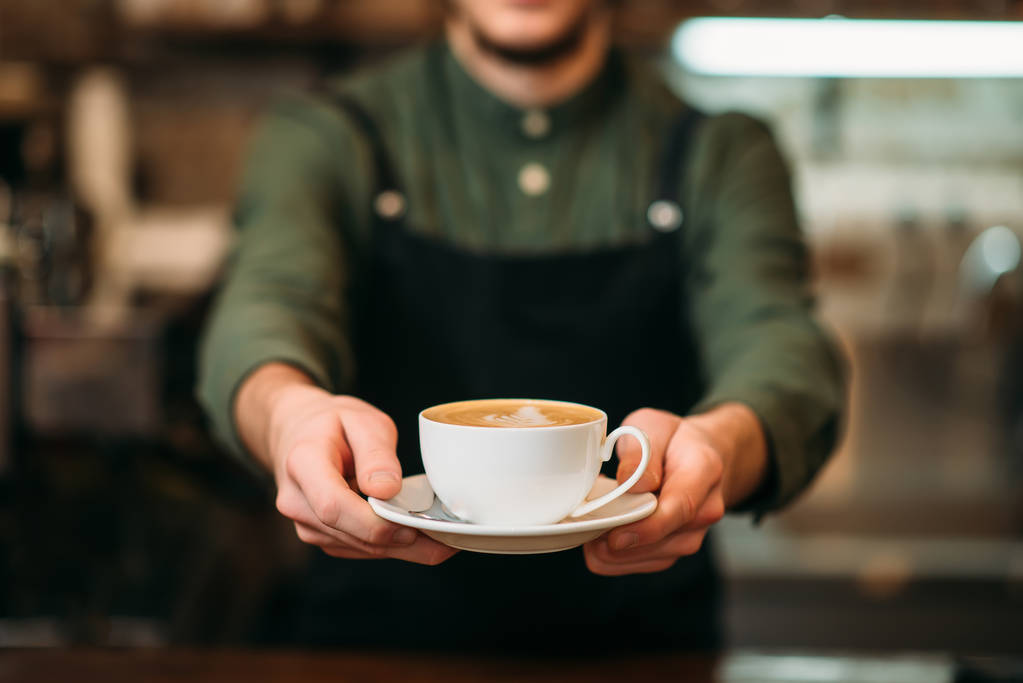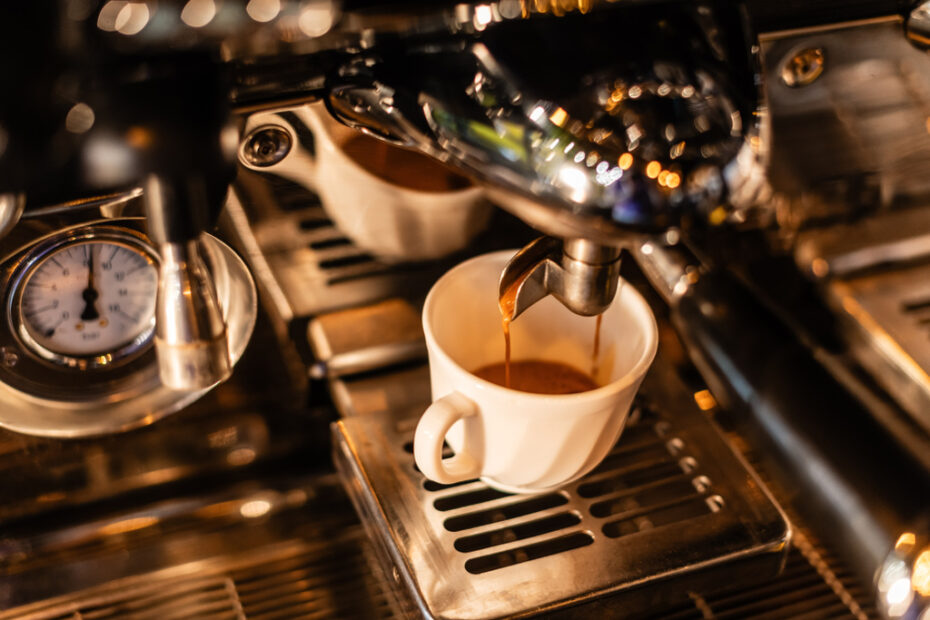Specialty coffee has taken the world by storm, with coffee lovers increasingly willing to go out of their way to seek out unique beans, refined brewing methods, and expertly crafted cups of coffee. This growing trend has reshaped the café landscape, making the humble cup of joe more than just a quick caffeine fix – it’s now an experience, a ritual, and even a statement about lifestyle choices. But with all the attention and premium prices attached to specialty coffee, the question remains: is it truly worth the hype?
What Is Specialty Coffee?
Specialty coffee refers to beans that have been graded above 80 on a 100-point scale by certified tasters. This rating system takes into account factors such as the origin of the beans, growing conditions, and processing methods, all of which contribute to the final flavour profile. Unlike mass-produced coffee, specialty coffee places emphasis on quality at every stage, from the farm to the cup.
Beans used for specialty coffee are often grown in specific microclimates with ideal conditions for producing the highest-quality coffee. They are also harvested and processed with greater care, focusing on maintaining the integrity of the beans. The result is a brew that often has more complex flavours, with subtle notes of fruit, florals, or spices, depending on the region and type of bean.
The Experience Beyond the Cup
One of the biggest draws of specialty coffee is the experience that comes with it. Coffee shops that serve specialty coffee tend to focus not just on the product itself, but also on the entire customer journey. From the cosy, artful atmosphere to baristas who are highly knowledgeable and passionate about their craft, these cafés aim to provide more than just a drink – they offer an experience.
Many coffee enthusiasts are drawn to these specialty shops because of the educational aspect. Rather than just ordering a coffee, customers are often encouraged to explore different brewing methods such as pour-over, Chemex, or syphon brewing, each offering a unique twist on the coffee’s flavour. Baristas also take the time to explain where the beans were sourced from and how the brewing process can impact the final taste.
This elevated approach to coffee appeals to people who see coffee not just as a beverage, but as a culinary experience. It’s about savouring every sip and appreciating the nuances that make each cup unique. This focus on craftsmanship and storytelling transforms coffee drinking into a mindful practice rather than a routine act.
The Rise of Ethical and Sustainable Coffee
A large part of the appeal of specialty coffee lies in its focus on ethical sourcing and sustainability. Many specialty coffee shops make it a point to source beans directly from farmers, cutting out middlemen to ensure fair wages and better working conditions for growers. This practice, known as direct trade, creates a more transparent supply chain and helps support smaller, independent farmers.
Moreover, specialty coffee shops often emphasise sustainability not only in the sourcing of their beans but also in the packaging and overall business operations. Many cafés have adopted practices such as using biodegradable cups, reducing water waste, and offering incentives for customers who bring their own reusable cups. These efforts to reduce the environmental footprint appeal to a growing number of consumers who prioritise sustainability in their purchasing decisions.
Additionally, coffee shops are increasingly offering more plant-based milk options, recognising that many customers are shifting away from dairy for ethical and environmental reasons. This further highlights the café’s commitment to providing options that align with evolving consumer values.
The Economics of Specialty Coffee
One of the biggest concerns people have about specialty coffee is the price tag. A cup of coffee at a specialty shop can cost significantly more than a regular cup from a chain café or a quick brew at home. This premium pricing often sparks the question: is it really worth it?
The higher price can be attributed to several factors, including the quality of the beans, the labour-intensive brewing methods, and the ethical sourcing practices. Specialty coffee shops invest in high-quality equipment, skilled baristas, and relationships with coffee growers, all of which contribute to the final price of the product. While this might make a cup of specialty coffee seem expensive at first glance, many argue that the value comes from the entire experience, not just the drink itself.
Customers are paying not just for the coffee, but also for the environment, the service, and the peace of mind that their purchase is supporting ethical business practices. For some, this added value justifies the higher cost, while others may still view it as an indulgence reserved for special occasions.

Trends in Coffee Shops
The rise of specialty coffee has brought about a number of new trends in the café world. Many coffee shops are now offering unique beverage options such as single-origin espresso, nitro cold brew, and coffee cocktails. These drinks cater to a more adventurous customer base and help coffee shops differentiate themselves in a crowded market.
Another noticeable trend is the increase in minimalist, Instagram-worthy café designs. Many specialty coffee shops put a strong emphasis on aesthetics, with sleek interiors, curated playlists, and thoughtful touches that make the environment as inviting as the coffee itself. This creates an ambiance that attracts both coffee lovers and those looking for a perfect backdrop for social media photos.
In addition to aesthetic trends, many cafés are focusing on food pairings that complement their coffee offerings. From artisanal pastries to gourmet sandwiches, the food menu often receives as much attention as the coffee. It’s not uncommon to find items displayed in a cake display fridge that seem as carefully crafted as the coffee itself, further enhancing the overall experience.
Coffee as a Lifestyle Choice
For many, coffee has become more than just a beverage – it’s a lifestyle choice. People are increasingly interested in the stories behind their coffee, from where the beans were grown to how they were roasted and brewed. This connection to the process fosters a sense of community among coffee enthusiasts and deepens the relationship between the customer and the coffee shop.
Specialty coffee also appeals to those who appreciate the artisanal aspect of food and drink. Just as the slow food movement encourages people to take their time and savor meals, the specialty coffee movement promotes mindful consumption. Whether it’s sitting down to enjoy a slow pour-over or taking part in a coffee-tasting event, specialty coffee invites people to pause and truly appreciate the art and science behind their cup.
So, Is Specialty Coffee Worth It?
Ultimately, whether or not specialty coffee is worth the hype depends on what you’re looking for in a cup of coffee. For those who enjoy exploring new flavours, learning about coffee origins, and supporting ethical business practices, the added cost and experience of specialty coffee are likely worth it. However, if coffee is simply a way to get your daily dose of caffeine, the extra effort and expense may not feel necessary.
The rise of specialty coffee has undoubtedly changed the way people think about coffee shops, transforming them from quick stops for a pick-me-up to destinations that offer a full sensory experience. With its focus on quality, sustainability, and craftsmanship, specialty coffee has carved out a significant place in today’s coffee culture, offering something truly unique for those willing to take the time to savour it.
